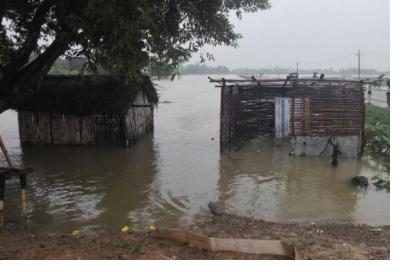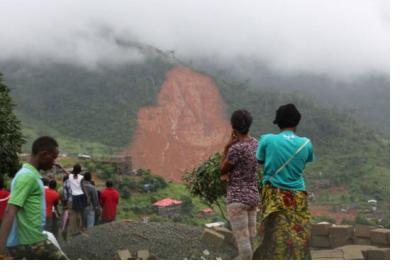Heavy rainfall has caused deadly flooding and mudslides in and around Sierra Leone’s capital, Freetown, while the worst monsoon rains in 15 years have triggered flooding and landslides in 27 of Nepal's 75 districts. UNOOSA has requested the activation of the European Commission Copernicus Emergency Mapping Service for both disasters. The United Nations Officer for Outer Space Affairs (UNOOSA) has also requested the activation of the International Charter Space and Major Disasters to support response efforts to the current floods and landslides in Nepal and Sierra Leone. For the situation in Nepal, UNOOSA has requested the activation of the International Charter Space and Major Disasters on behalf of the UN Resident Coordinator's (UNRC) office in Kathmandu, Nepal. The the International Centre for Integrated Mountain Development (ICIMOD), a UN-SPIDER Regional Support Office, is acting as the project manager. In the case of Sierra Leone, UNOOSA requested the activation on behalf of the Sierra Leone office of the Food and Agriculture Organization of the United Nations (FAO) and of the United Nations Country Team (UNCT) in Sierra Leone. The United Nations Institute for Training and Research (UNITAR) is acting as the project manager. UN-SPIDER aims to facilitate fast and efficient access to for countries, as well as international and regional organizations. This includes all types of information provided by earth observation satellites, communication satellites and global navigation satellite systems. Therefore, UN-SPIDER compiles links and information on all relevant satellite-based sources for selected major disasters. The emegency support pages for the on-going emergencies in Nepal and Sierra Leone are accessible at the following links:
The Charter activations for the two emergencies can be accessed directly at the following links:
The Copernicus EMS activation page for the mudflow in Sierra Leone can be accessed at the following link:


